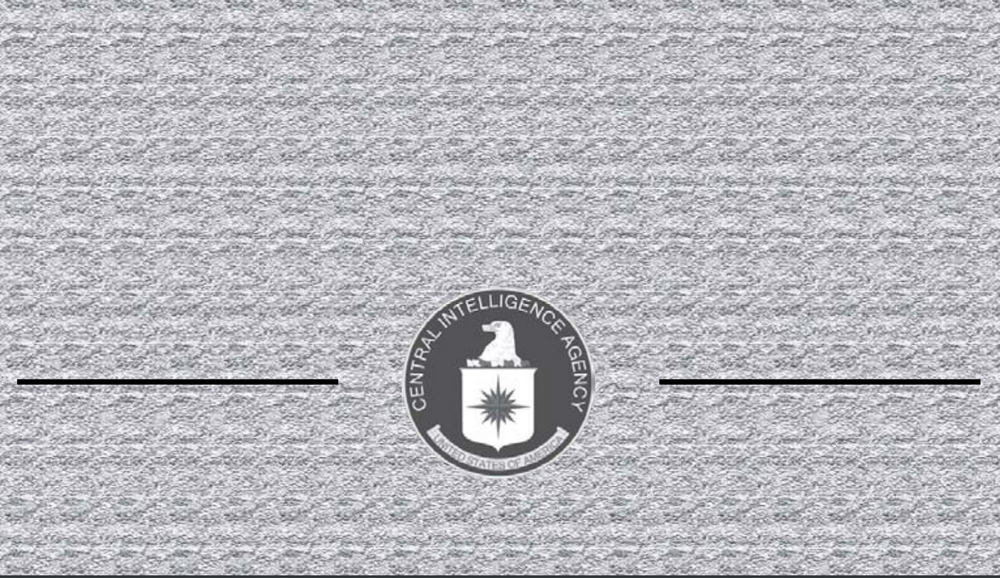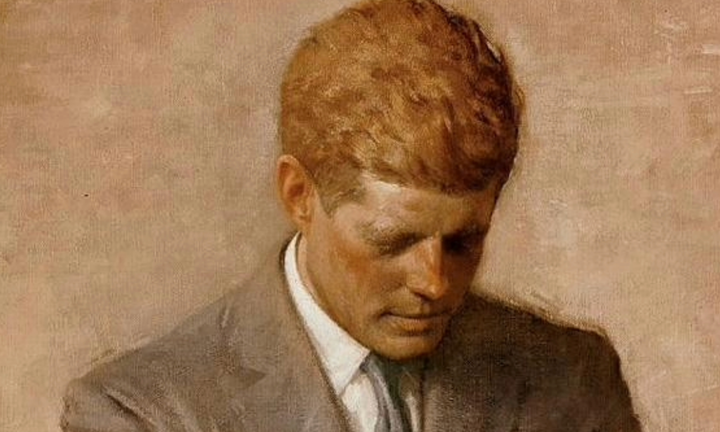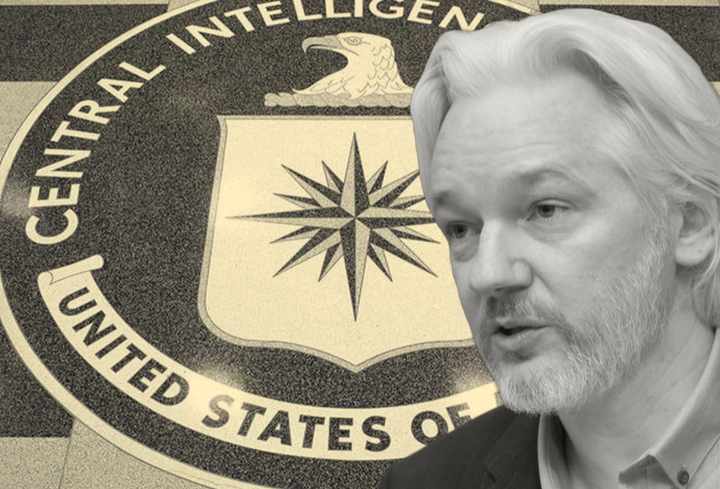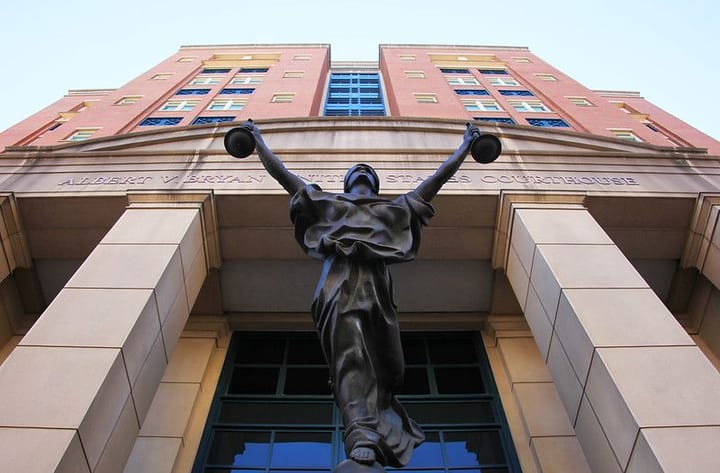Breakthrough In Lawsuit Against Alleged CIA Spying On Assange Visitors

The following was an exclusive article for paid subscribers of The Dissenter. It was unlocked for all readers on June 6, 2023.
People like you make independent journalism on whistleblowers and press freedom issues possible. Take advantage of this discount offer and become a paid subscriber today.
Four American attorneys and journalists who allege the CIA and former CIA director Mike Pompeo violated their privacy rights when they spied on their visits with WikiLeaks founder Julian Assange may now have key evidence that proves that the CIA was involved in surveillance against the Ecuador embassy in London.
In August 2022, the CIA and Pompeo in his individual capacity were sued by: Margaret Ratner Kunstler, a civil rights activist and human rights attorney; Deborah Hrbek, a media lawyer, represented Assange or WikiLeaks; journalist John Goetz, who worked for Der Spiegel when the German media organization first partnered with WikiLeaks; and journalist Charles Glass, who wrote articles on Assange for The Intercept.
The filed complaint alleged that as visitors Glass, Goetz, Hrbek, and Kunstler were required to “surrender” their electronic devices to employees of a Spanish company called UC Global, which was contracted to provide security for the embassy. UC Global and the company’s director David Morales “copied the information stored on the devices” and shared the information with the CIA. Pompeo allegedly approved of the collaboration.
The CIA and Pompeo, represented by United States Attorney Damian Williams of the Southern District of New York, has pushed for the dismissal of the lawsuit. They claim that anyone who visited Assange should have known that they could be targeted because Assange was a “wanted fugitive." They also contend that the complaint does not “allege sufficient facts” to suggest the “CIA controlled and directed the Spanish Defendants’ actions at issue.”
Yet on June 4, the Spanish newspaper El País reported that UC Global director David Morales had a folder on his laptop marked “CIA."
“It was all marked under the initials of the U.S. intelligence agency, according to a new examination of his MacBook, to which EL PAÍS has had access,” the report stated. “The word ‘CIA’ appears several times on a Western Digital-branded external hard drive, on which Morales kept the projects and operations that his company — UC Global, S.L. — was contracted to deliver.”
The revelation came in a criminal case brought by Assange against Morales in Spain’s high court. In the past year, the case has stalled as a result of the U.S. Justice Department’s refusal to cooperate with requests from Judge Santiago Pedraz.
El País journalist José María Irujo, who has closely tracked the case in Spain, further noted, “Morales’ personal files, which were previously unknown to investigators, builds on the allegations and evidence that Morales — a former Spanish soldier — spied on the meetings that the WikiLeaks founder and his lawyers held at the Embassy of Ecuador to the United Kingdom, and sent that information to the U.S. intelligence agency."
“These files were stored on a number of folders marked with the terms ‘CIA,’ ‘Embassy’ and ‘Videos,’ along with other labels.”
In the United States, the motion for dismissal on behalf of the CIA and Pompeo states:
Plaintiffs allege generally that Morales came to an understanding with the security staff of the Las Vegas Sands Hotel, which ‘had cooperated with the CIA on similar matters in the past,’ to ‘conduct surveillance on Assange and his visitors at the Embassy on behalf of the CIA.’ But they do not allege specifically what the CIA purportedly requested or instructed, or what specific control or direction the agency exercised over UC Global’s implementation of this supposed agreement.
It additionally asserts that the “conclusory allegations” in the complaint are “without sufficient factual content to determine whether the CIA exercised the requisite level of direction over the manner in which the supposed searches and seizures were performed.”
Or to translate this national security jargon—the CIA and Pompeo take the position that the allegations put forward do not show that they were involved in the surveillance to an extent that implicates them in violations of privacy rights under the Fourth Amendment of the U.S. Constitution.
The lawsuit has not overcome the government’s motion to dismiss, and therefore, the journalists and attorneys have not reached the discovery phase, where they would be entitled to records that could further prove their claims. But for the first time, the El País report gives them something concrete to back up their allegations.
As El País outlined, none of the records showing how Morales named folders on his computer “appeared in the initial copy made by the police, when officers categorized the material seized from the security contractor when he was arrested in September 2019.”
This development was the result of Assange’s lawyers, who identified problems “when downloading the records uploaded to the cloud.” Judge Pedraz authorized a second copy of the material.
“A new digital document dump offered a clear picture that the police had not pieced together. Now, a report by the experts called by Assange’s lawyers credits the appearance of ‘a very relevant volume of material, which was not included in the original [police] copy.’ Forensic analysis describes the copy of the hard drive as containing “multiple pieces of evidence.’"
Previously, Irujo pieced together details that illustrated how UC Global had provided information to the CIA that led to an arrest warrant against Assange.
In December 2017, the Ecuador government had planned to give Assange a diplomatic passport and help him leave the Ecuador embassy in a diplomatic car on Christmas. Morales shared files with the CIA that tipped off his "American friends."
Such evidence is very relevant to the lawsuit against the CIA and Pompeo that is unfolding in a U.S. court. It is also of significance to Assange’s legal team as they appeal the United Kingdom government’s decision to approve extradition to the United States for a trial on Espionage Act charges.
***
On June 7, Goetz, Hrbek, and Kunstler, and their attorney Richard Roth, will respond to the new revelation and file their response to the dismissal motion. I’ll have full coverage after their press conference at 1pm ET.




Comments ()